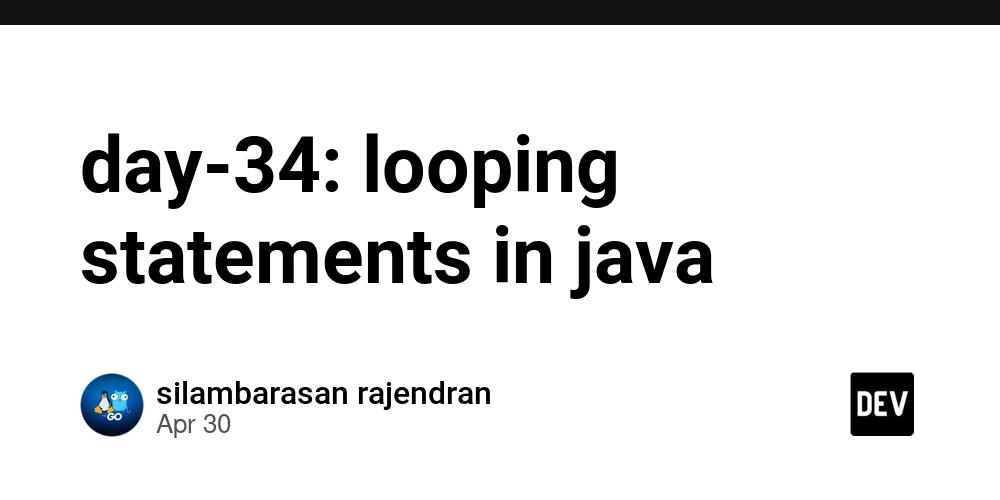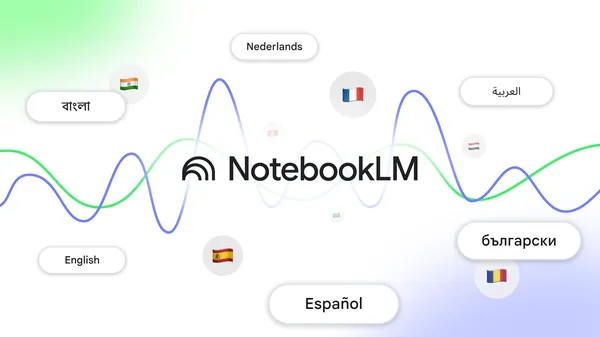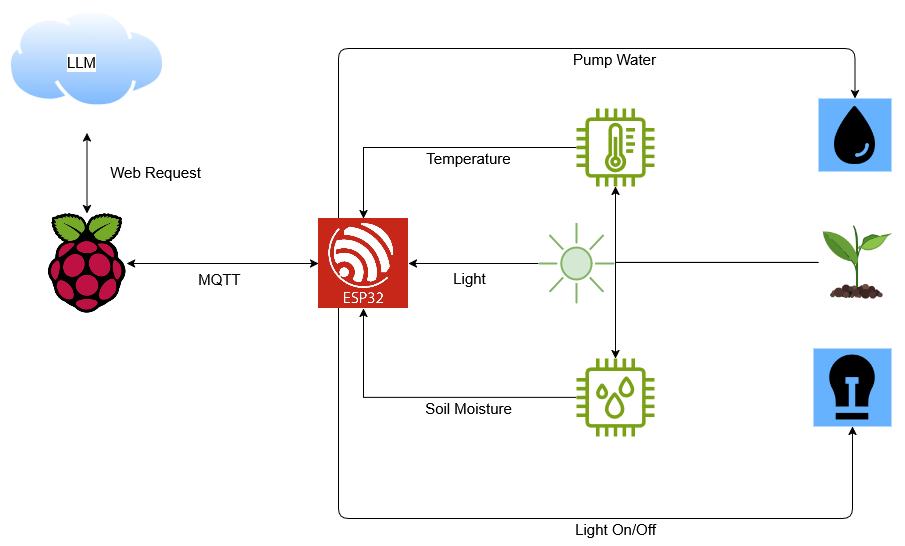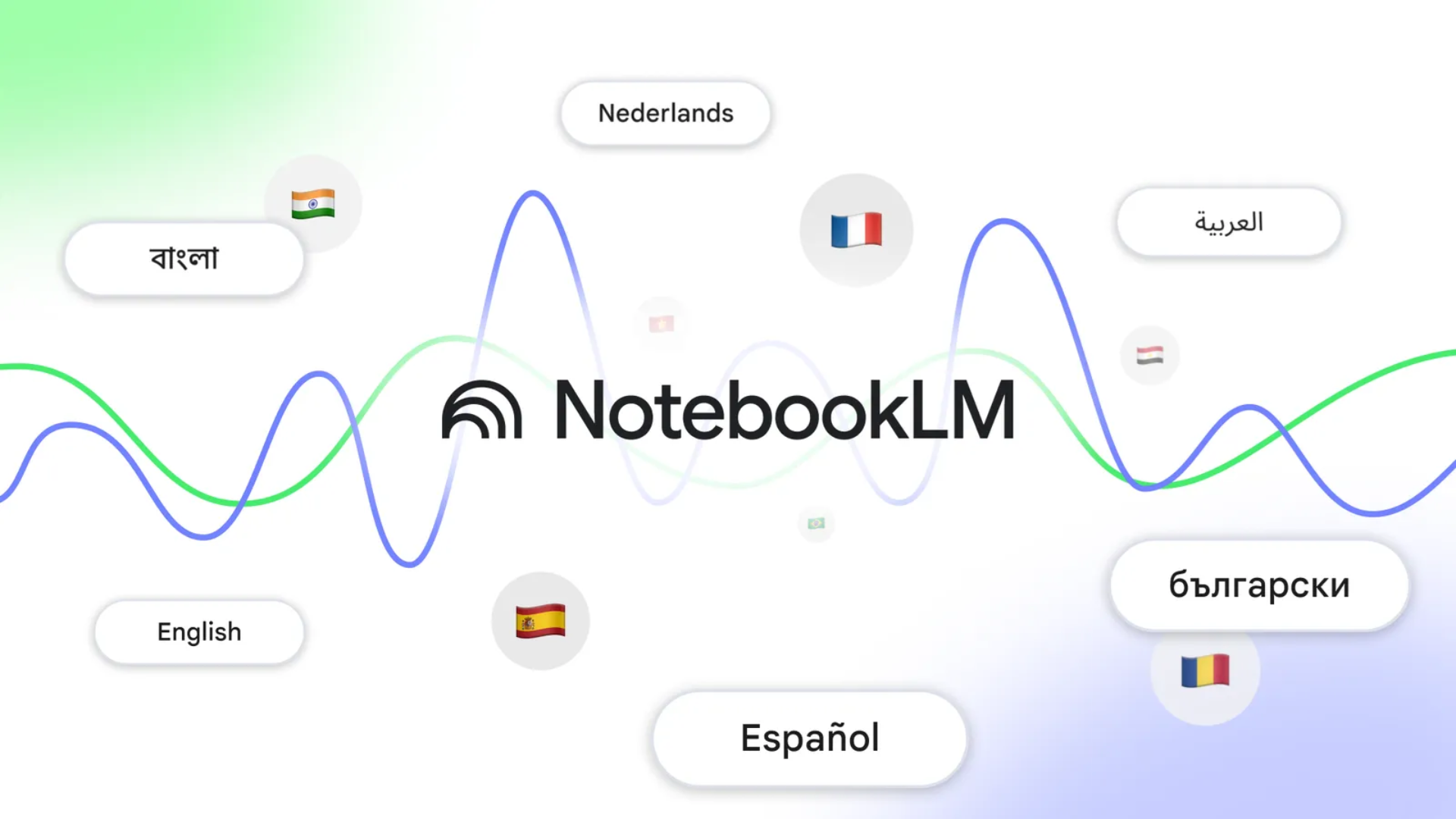NPST migrates to mainboard on NSE as it expands role in India’s Digital Payments Ecosystem
The company, which started as a software provider for banks, now operates in two primary verticals: technology solutions for banks and a platform-based offering for fintechs and payment aggregators.


Network People Services Technologies (NPST), a company that provides digital payments infrastructure, is set to begin trading on the mainboard of the National Stock Exchange and BSE starting April 30, 2025.
Speaking to YourStory, Deepak Chand Thakur, Co-founder and CEO, NPST, described the mainboard migration as a strategic inflection point. “This step positions NPST for what we call ‘2.0 and beyond’—a new phase focused on long-term value creation for all stakeholders.”
The company, which started as a software provider for banks, now operates in two primary verticals: technology solutions for banks and a platform-based offering for fintechs and payment aggregators.
Founded over a decade ago in 2013 by Deepak Chand Thakur and Ashish Aggarwal , NPST’s early work focused on building UPI, IMPS, and mobile banking software for banks. Over time, it moved beyond servicing banks to offer APIs and operational tools to fintech firms needing access to banking systems. This shift led to the launch of its Payment Platform-as-a-Service (PPaaS) model.
The company now generates a majority of its revenue from the platform business.
The company’s revenue has grown from Rs 19 crore in FY22 to Rs41 crore in FY23, and then to approx Rs 130.08 crore in FY24. In the first nine months of FY25, it crossed Rs Rs 152.46 crore in revenue, with a net profit of Rs 38.91 crore—up more than 133.08 % year-on-year, claims Thakur.
Thakur attributes much of this growth to the company’s decision to remain bootstrapped until its SME IPO in 2021, where it raised about Rs 13.70 crore.
Since then, it has not raised additional funds but is preparing for a Qualified Institutional Placement (QIP), which it plans to pursue post-mainboard listing.
“We’ve been conservative with funding but aggressive with execution,” he said, adding that a Qualified Institutional Placement (QIP) is likely on the horizon as the company now prepares for larger-scale expansion.
Thakur mentioned that the company is now working to adapt its internal structure and team to support future growth, including plans to expand from its current workforce of around 320 to 500 employees in the next year.
Looking ahead, NPST plans to enter the offline payments space and expand its regulatory technology offerings. It is also exploring overseas markets, particularly in the Middle East and Africa, where it has established a subsidiary in Dubai.
While the company currently works with 20+ banks and over 100 clients on its platform, it sees potential for further growth in underserved segments of the payment ecosystem, particularly smaller fintechs that lack internal infrastructure.
NPST’s leadership also noted ongoing involvement in pilot projects related to ONDC, B2B bill payments, and fraud analytics. However, most of these efforts are still under development and may take shape over the next 12 to 18 months.
The company is also building AI-enabled fraud detection tools and RegTech products tailored for Indian banks and regulators.
“We want to reduce our dependence on foreign risk engines and offer compliance tools that are India-first,” said Thakur. This includes projects in partnership with NPCI, such as integrating corporate bill payments into the BBPS framework—an area currently under-served in the digital ecosystem.
Edited by Megha Reddy





































































































































































![[The AI Show Episode 145]: OpenAI Releases o3 and o4-mini, AI Is Causing “Quiet Layoffs,” Executive Order on Youth AI Education & GPT-4o’s Controversial Update](https://www.marketingaiinstitute.com/hubfs/ep%20145%20cover.png)







































































































































































































































































_NicoElNino_Alamy.jpg?width=1280&auto=webp&quality=80&disable=upscale#)



























































































![Craft adds Readwise integration for working with book notes and highlights [50% off]](https://i0.wp.com/9to5mac.com/wp-content/uploads/sites/6/2025/04/craft3.jpg.png?resize=1200%2C628&quality=82&strip=all&ssl=1)















![Apple Restructures Global Affairs and Apple Music Teams [Report]](https://www.iclarified.com/images/news/97162/97162/97162-640.jpg)
![New iPhone Factory Goes Live in India, Another Just Days Away [Report]](https://www.iclarified.com/images/news/97165/97165/97165-640.jpg)




































































































